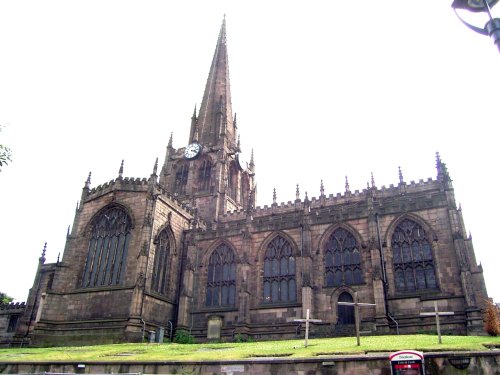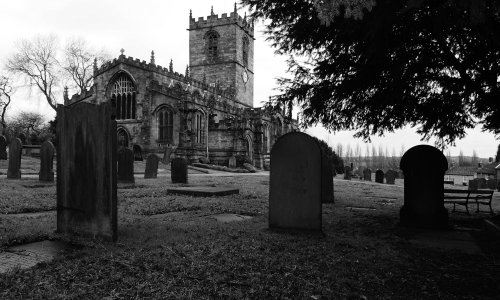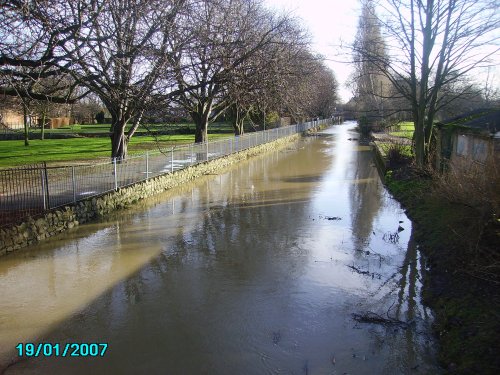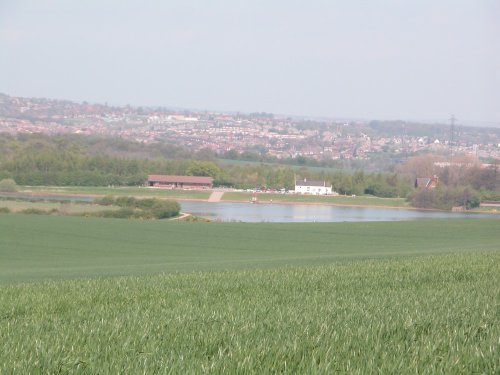Please login or click here to join.
Forgot Password? Click Here to reset pasword
The dilapidated ruins of Conisbrough Castle make an impressive sight, particularly its keep, which is unusual in design. The castle was constructed in the 12th century by Hamelin Plantagenet, the half-brother of Henry II, it replaced an earlier fortress of wooden construction. It was built at around the same time as Dover Castle, and was one of the first circular keeps to be built in Britain. It is also unusual for the six vast wedge shaped buttresses which support it, for these rise above the roof level as turrets. These turrets are all completely solid save for one, which houses a small chapel.
To any would be invader this mighty stronghold must have presented a daunting prospect, for what is left to see today, although crumbling in parts, is far from diminished. The keep still stands and the stonework is well preserved. The base of the keep is splayed for extra strength, and the semi-circular bailey surrounding it on three sides is enclosed by high curtain walls. This is also splayed at the base, and is further reinforced by solid towers.
Looking around the site it is easy to identify where the living quarters must have been, although almost nothing of these remains. Story boards are strategically placed, these illustrate how the castle would have looked when it was in its "hey-day" entertaining Royal visitors. Originally, there would have been four storeys, though all the floors are gone, these would have been reached by a stone stairway in the thickness of the walls. The third and fourth storeys would have been the domestic accommodation, as illustrated by fireplaces in the walls.
Conisbrough Castle makes an evocative visit, it is exceptionally well preserved and parts have been "dressed" to give an impression of what it was like for the Earl's who once resided here. Despite its strength, the castle was already in ruins by Tudor times, but the fact that so much of it remains is a tribute to those who built it so very long ago.

in the county of South Yorkshire
(4.4 miles, 7.0 km, direction S)The town was mentioned in the Doomsday Book, and several historic properties can be found in the region from shortly after this time, of these, of particular note are the handsome ruins of Roche Abbey, a Cistercian foundation of 1147...

in the county of South Yorkshire
(5.2 miles, 8.4 km, direction NE)Doncaster lies in what was once a great sweep of Yorkshire coalfields. It is home to one of the finest racecourses in the country where the classic St.Leger Stakes has been run each September since 1776, making the race four years older than the Derby...

in the county of South Yorkshire
(6.3 miles, 10.1 km, direction SW)This town was formerly a Saxon market town which remained largely unaltered until the Industrial Revolution...

in the county of South Yorkshire
(12.0 miles, 19.3 km, direction SW)..

in the county of Nottinghamshire
(12.8 miles, 20.6 km, direction S)The dense spread of Worksop in Nottinghamshire meets with some seriously picturesque countryside, it is fortunate to be ringed by two rivers, the Clumber which borders Clumber Country Park, and the River Ryton...
All towns in South Yorkshire
Thrybergh Country Park evolved out of Thrybergh Reservoir built in the 1800's to supply the borough of Doncaster with water. .....

Cusworth Hall is a mid 18th century house built for the Wrightson family, with wings added later by James Paine. The house.....

St.Georges is the Minster Church of Doncaster. It was built to a design by Sir Gilbert Scott, architect, who was instructed to.....

..

The evocative remains of Roche Abbey rising from a landscape laid out by Capability Brown present an awe-inspiring sight,.....